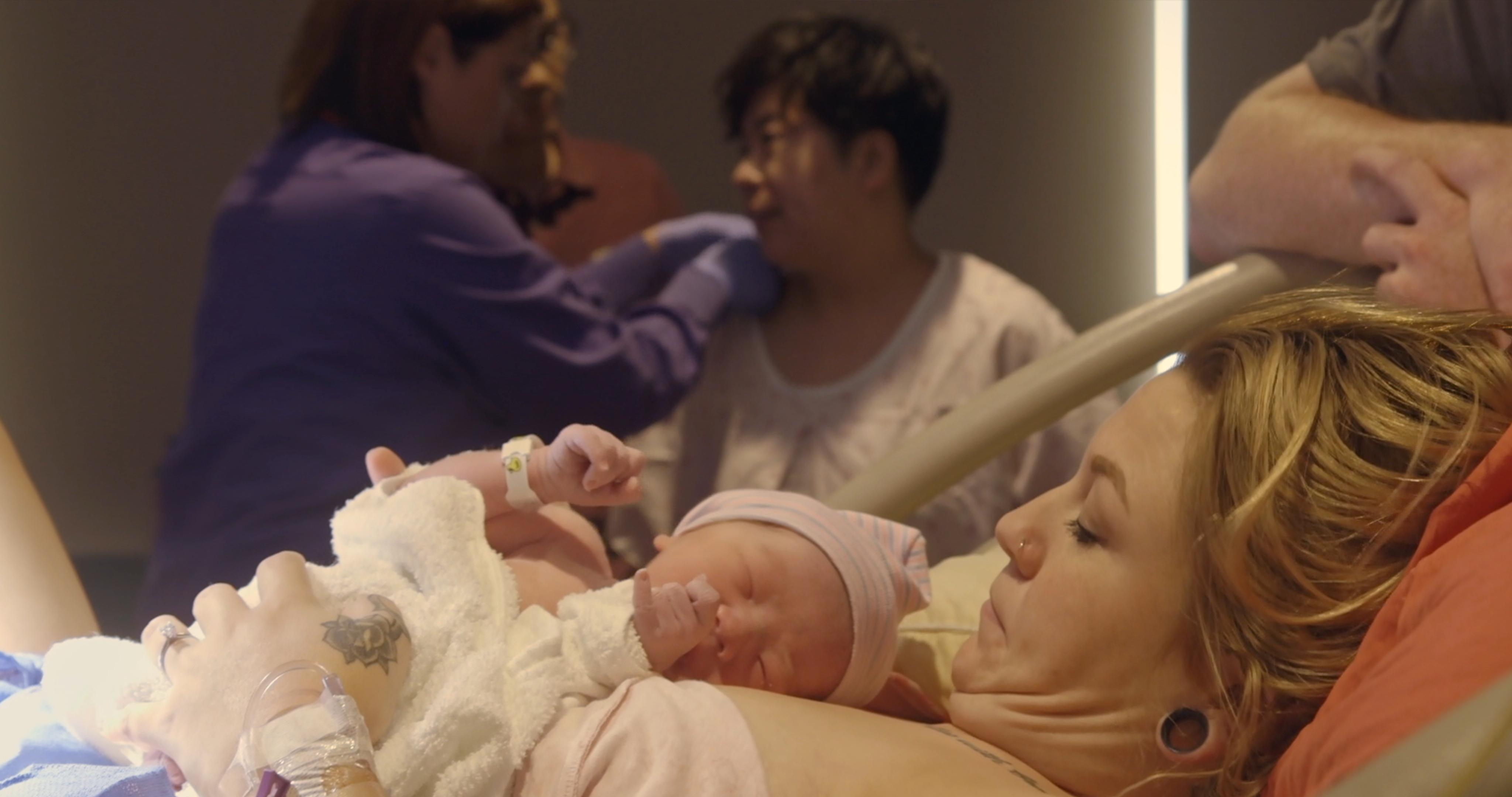
The first time I met Qiqi, in 2015, we bargained over the price of my eggs (their value shot up when I told her I had attended Stanford). At the time, Qiqi, who is from China, was an operator of "maternity hotels"– a minor player in the underground birth tourism industry around the United States where "birth tourists," pregnant women from overseas, can stay before giving birth to children who can receive the benefits of American citizenship.
We hit it off quickly, and I followed her back to the "hotel" in her single-family home in Fontana, Calif., where she housed a couple of pregnant Chinese women who looked downcast as they ate their chef-prepared Chinese dinner. Qiqi fussed over them, taking care of each in her own way. Later, she revealed her plan: "Birth tourism is so passé!" she told me. "I'm getting into surrogacy. "
As you'll see in the film above, Qiqi is among the growing number of entrepreneurs looking to cash in on the surge of foreign couples — in her case, from China — looking not just to have their babies in this country, but also to find American women to carry those babies to term. The American surrogates, who live all over the country, can make upward of $50,000 per pregnancy, depending on location and experience.
When I first learned of this phenomenon, I was living in maternity hotels, making a feature documentary about the shadow economy of birth tourism in the ethnic-Chinese enclaves of the San Gabriel Valley. Born in the United States, I had spent my 20s in China. The power balance was shifting and many of us who had left the United States for China were feeling the heady rush of living on the verge of a new world order in which China was rising and American hegemony was waning.
Then Xi Jinping came to power, and the hope that China was headed toward a more open society disappeared. I returned to the United States, but remained fascinated by the psychological effects on the Chinese individual of Chinese society's unbridled pursuit of wealth as the country transitioned to a new economy.
Suddenly, China, a communist country, was more capitalist than we are. And when China's rising middle class, with its ravenous consumer appetite and newfound spending power, sets its eyes on all that America has to offer, Americans feel a deep unease. Using my deep cultural access into both societies, my work engages with this unease. In this film, I present a world in which China's consumer aspirations are a parody of the excesses of American capitalist consumerism.
When I caught up with Qiqi again, two years later, she had reinvented herself as Chinese social media's most sought-after China-U.S. surrogacy broker. She was living her American dream in a townhouse in Irvine, Calif., supplying Chinese prospective parents with American surrogates, creating jobs for Americans while helping Chinese create families.
By now, Qiqi had a well-practiced pitch: Commercial surrogacy, which is illegal in China and most places in the world, enjoys full legal protection in California. American bodies are big and strong, better suited for childbirth. And if you choose a dark-skinned surrogate, don't worry — your baby's skin will still be white as snow.

Education Resource
Meet the Journalist: Leslie Tai
China's elite and infertile are flocking to Southern California to hire American surrogates to have...






